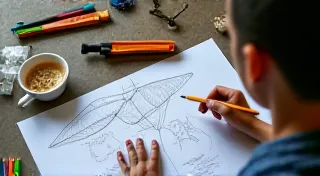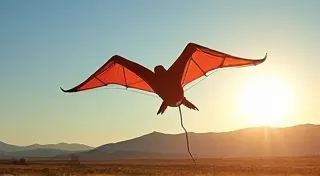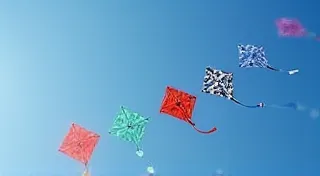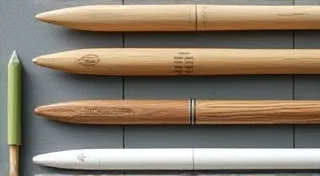Creative Kite Designs: Exploring Unique Shapes and Structures
Most people think of diamond-shaped kites when they hear the word "kite." While the diamond is a reliable and easy-to-fly design, the world of kiting offers a stunning array of shapes and structures, each offering a different flying experience and aesthetic appeal. This article will explore some exciting alternatives to the standard diamond, inspiring you to push the boundaries of kite making.
Beyond the Diamond: A Variety of Kite Shapes
The beauty of kite making lies in the freedom to experiment. Changing even small elements of a design can significantly alter how a kite behaves in the air. Let’s look at some alternative designs.
Box Kites: Strength and Stability
Box kites are a classic design known for their stability and ability to fly in a wide range of wind conditions. They are essentially multiple diamond or rectangular cells stacked on top of each other, creating a three-dimensional structure. This design provides substantial lift and is great for carrying lightweight payloads, such as cameras or small instruments. They are also often simpler to build than they appear.
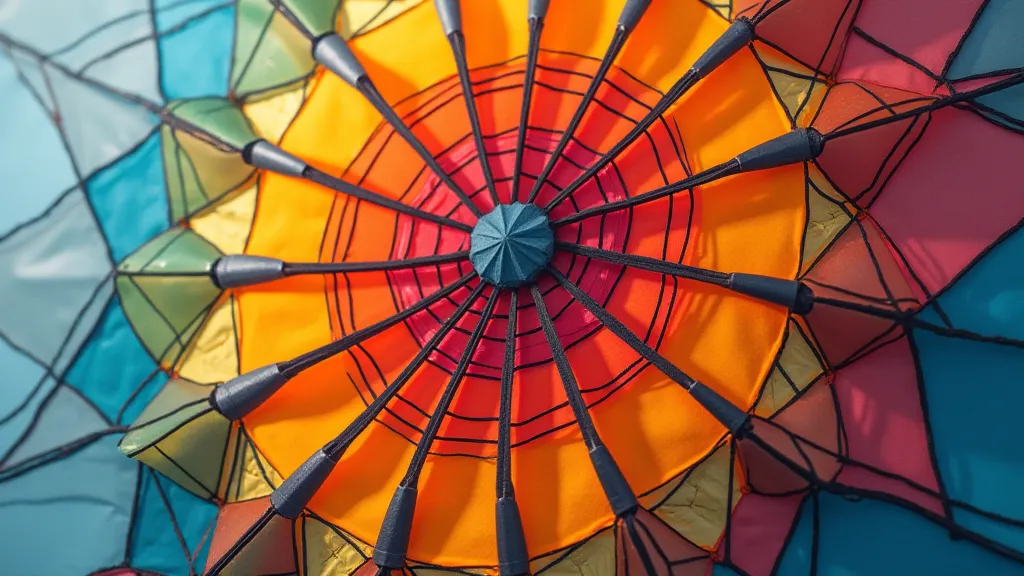
Delta Kites: Graceful Flight
Delta kites, with their triangular shape, offer a graceful and dynamic flying experience. Their aerodynamic shape allows for excellent stability and responsiveness to wind changes. They are well-suited for a variety of wind conditions and can be easily customized with different sail materials and decorations. The simplicity of the design also makes them a good project for beginner kite makers.
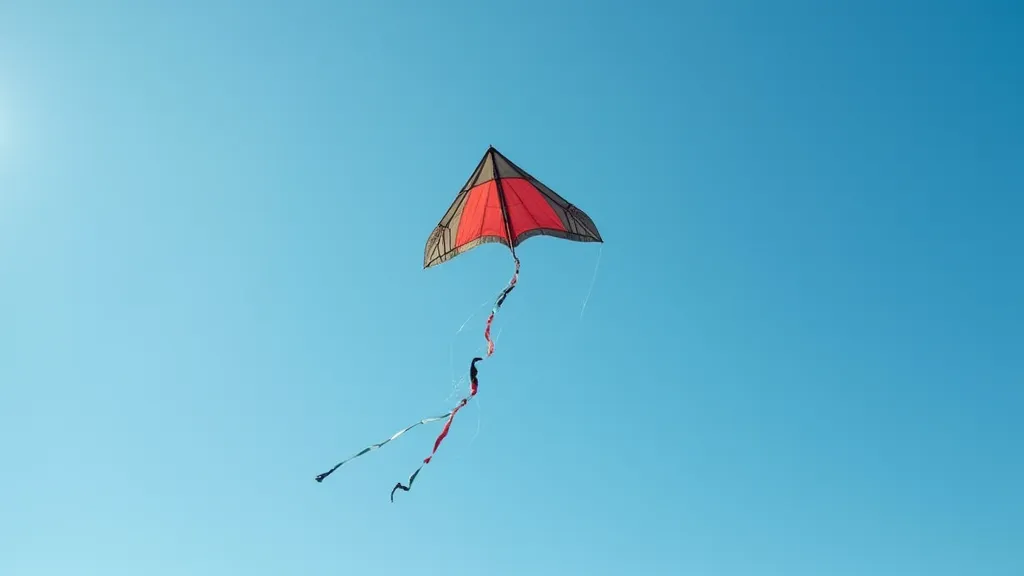
Sled Kites: Simple and Fun
Sled kites are incredibly simple to construct - essentially a rectangular sail connected to a bridle. They're easy to launch and handle, making them perfect for beginners or for casual flying. While not known for their advanced flying capabilities, their ease of construction and straightforward flight make them a great starting point for learning the basics of kite building.

Eddy Kites: Unique Aerodynamics
Eddy kites are a more advanced design that utilizes a series of fabric panels to create a complex aerodynamic surface. They can achieve remarkable lift and stability, but require more precise construction techniques. The shape is often irregular and can be highly customized for specific performance characteristics.

Complex Structures: Hybrid Designs and Sculptures
Experienced kite makers often combine elements from different designs to create truly unique structures. You can see box kites with delta wing attachments, or complex multi-cell kites resembling fantastical creatures. The possibilities are limited only by your imagination and your skills. These projects often involve incorporating lightweight framing materials and advanced construction techniques.
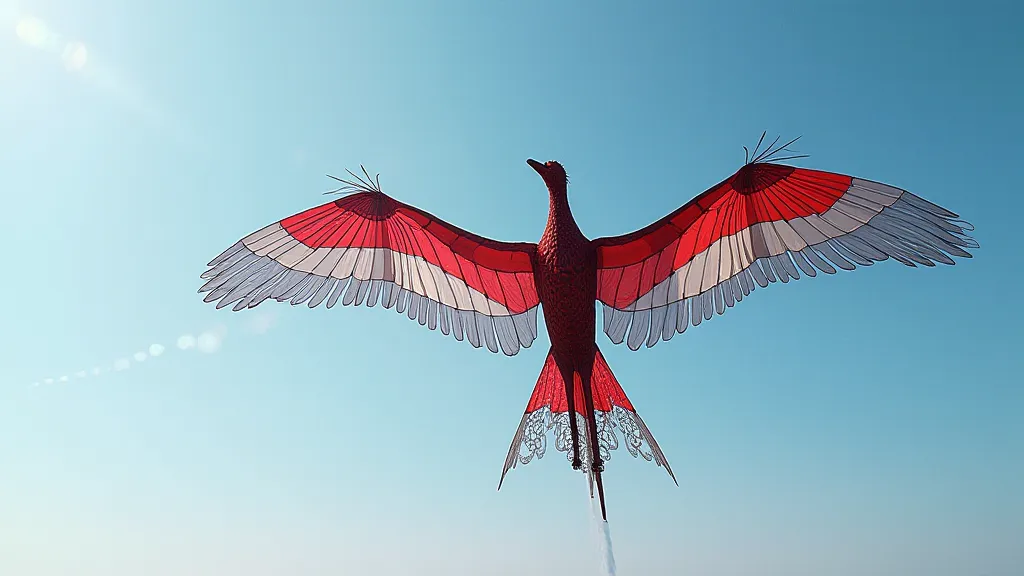
Tips for Exploring New Designs
- Start Simple: Don't jump straight into the most complex designs. Build a few basic shapes first to get a feel for the principles of kite building.
- Study Existing Designs: Look at photos and videos of different kite shapes to understand their construction and flight characteristics.
- Experiment with Materials: Different sail materials and framing materials will affect the kite's weight, strength, and flexibility.
- Embrace Failure: Not every design will work perfectly. Learn from your mistakes and keep experimenting!
Conclusion
The world of custom kites is vast and exciting. Moving beyond the traditional diamond shape opens up a world of creative possibilities. Whether you're a beginner or an experienced kite maker, exploring new designs is a rewarding and enjoyable experience. So, grab some materials and start building!
